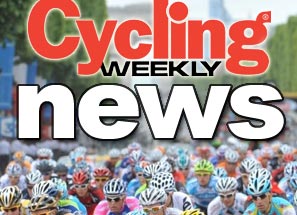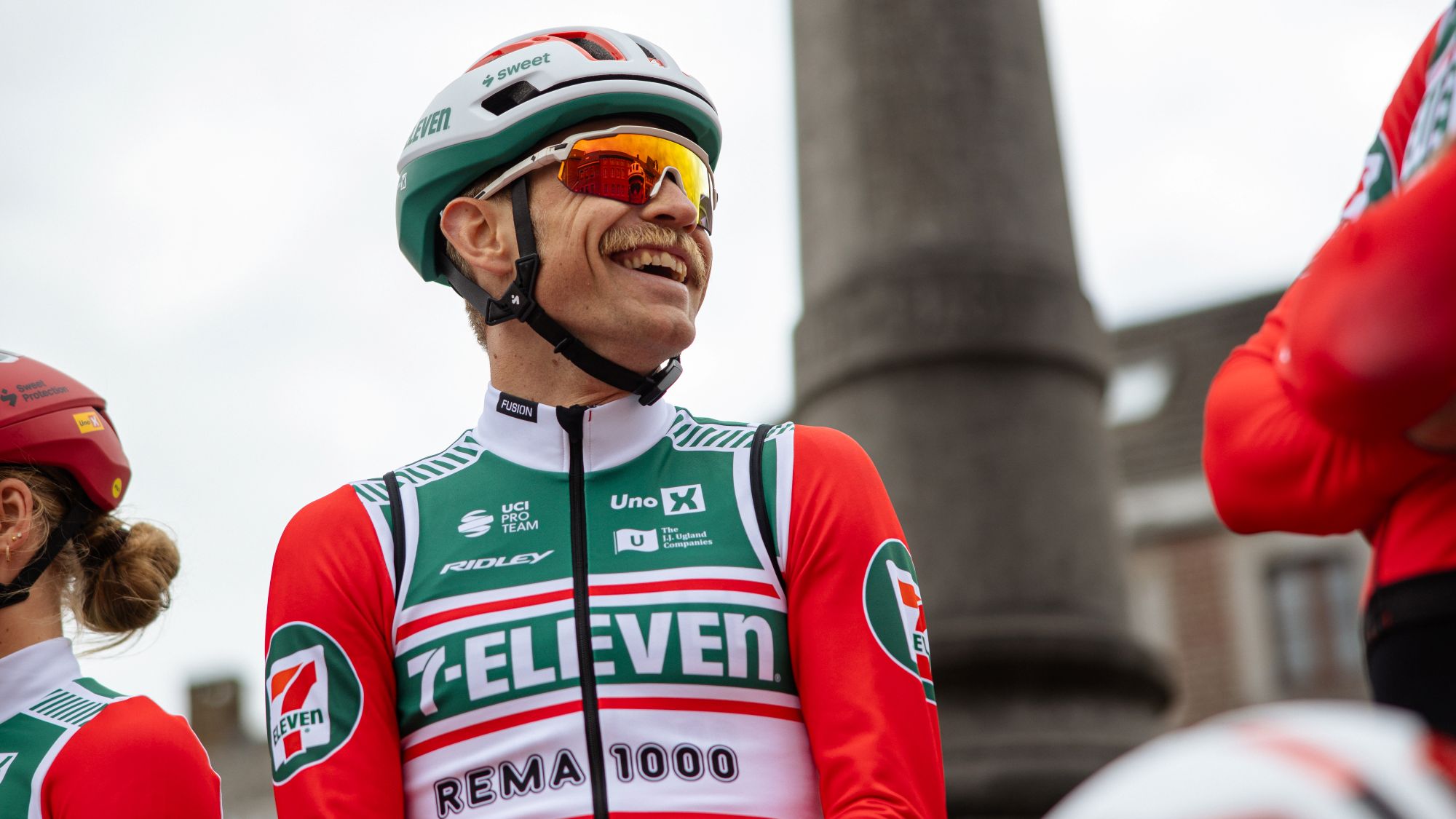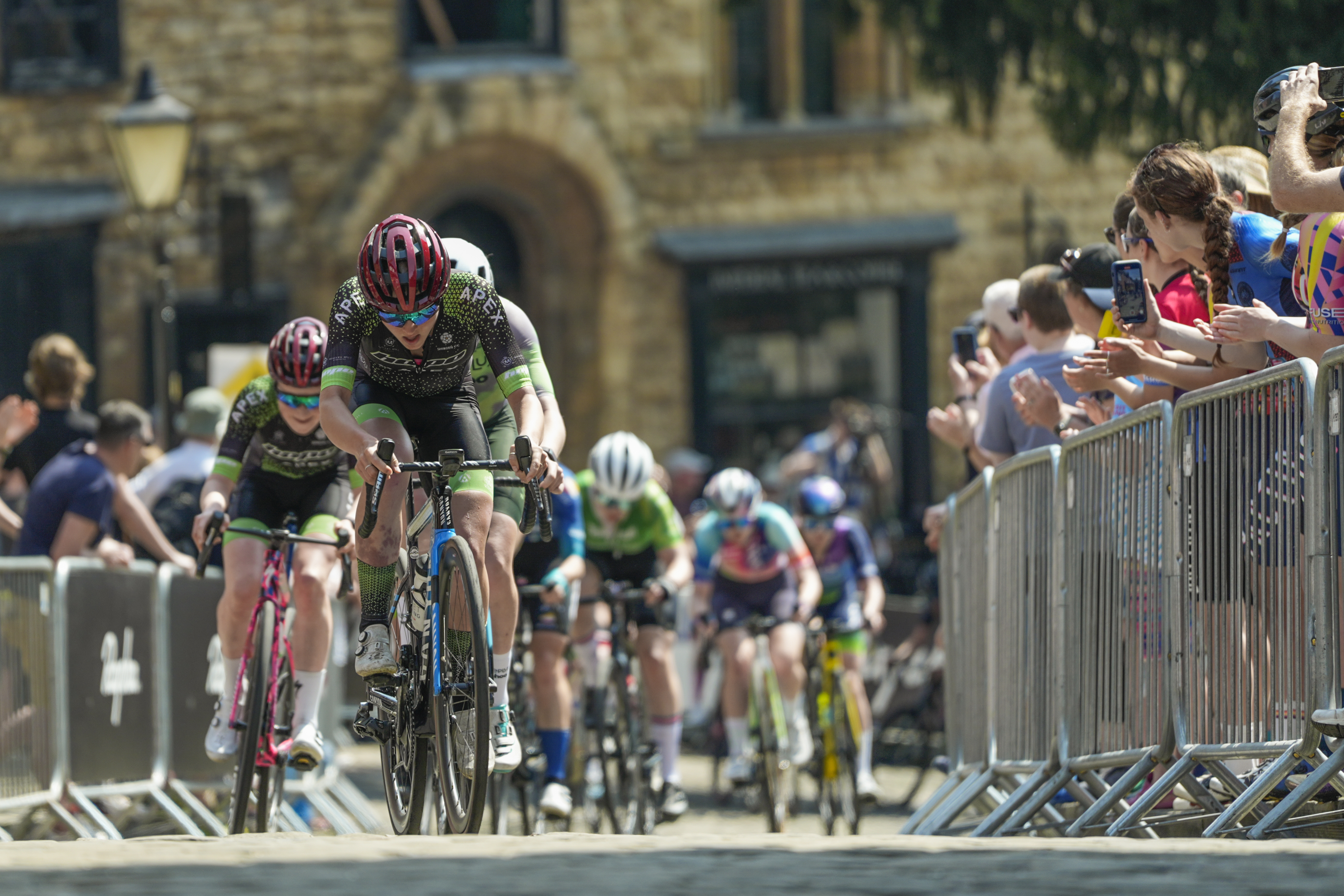WADA publishes critical report on Tour doping controls


The World Anti-Doping Agency has published a wide-ranging, and occasionally highly critical, report from its independent observers who followed Union Cycliste Internationale (UCI) anti-doping officers at the 2010 Tour de France in July.
WADA's 51-page document was prepared as a result of the findings made by two teams of three independent observers at the Tour, under invite from the UCI. Their job was to watch all aspects of anti-doping at the Tour, including testing procedures, staff conduct, equipment and any follow-up processes. The report would then provide recommendations in order to improve the UCI's testing at the event.
In total, 57 recommendations were made to the UCI on how to improve its testing at the Tour, and beyond.
WADA also acted as an intermediary between the UCI and Agence Française de Lutte contre le Dopage (AFLD) at the Tour to try and bridge the difficult relationship between the two organisations. The report noted "The fight against doping is hard enough at the best of times and, without apportioning blame to either party, the lack of cooperation and trust evident between the UCI and the AFLD for the Tour was extremely disappointing to observe."
Although WADA approved of the overall performance and procedures of the UCI anti-doping team, one area of concern was the 'friendly' relationship between some of the anti-doping officers and the riders, which WADA felt may compromise testing.
"Many people on the Tour and even those involved in anti-doping on the Tour have, at times, an unhealthy attachment to those competing, whether it is through personal friendships or just through having been involved in the Tour for a few years. This friendly culture may have benefits to the anti-doping programme but as detailed in this report can have the consequences of making the anti-doping programme overly rider-friendly and to the detriment of pursuing those who wish to cheat."
Among WADA's recommendations was that a more aggressive approach to testing should be undertaken, specifically with riders under suspicion for doping - including the possibility of testing during the night, particularly to catch those using microdoses of banned blood booster EPO.
Get The Leadout Newsletter
The latest race content, interviews, features, reviews and expert buying guides, direct to your inbox!
"The IO Team observed a number of occasions where a more aggressive approach to testing riders outside of the Post-Finish sessions should have been undertaken. It is one thing to allow clean riders the opportunity to rest in between the gruelling stages, but it is entirely another thing to allow riders with suspicious profiles, backed up by robust intelligence, the same opportunity."
Worringly, several 'high priority' riders - those with a high risk of doping - were either not tested at all or inadequately tested in the run-up to the event. WADA therefore calls for the UCI to review its rider selection procedure, ditching the ineffective 'random' tests in favour of targetted testing.
"With the amount and high quality of intelligence available to the UCI, it is critical that in the future a more varied, targeted and aggressive approach to catching cheating riders be a priority for the UCI. This should include, but not be limited to, increasing the number of anti-doping tests (rather than ABP [biological passport]), testing in less acceptable hours with a greater chance of detecting substances and/or methods with short detection windows and significantly limiting the use of a random draw so that all testing is based on intelligence and/or performance during the race (or at least test history prior to making random selections)."
The report also outlines an incident involving a medical inspector who failed to insert a butterfly needle into a rider's arm correctly whilst attempting to extract a blood sample. The inspector was sent home and a replacement made immediately.
External links

Thank you for reading 20 articles this month* Join now for unlimited access
Enjoy your first month for just £1 / $1 / €1
*Read 5 free articles per month without a subscription

Join now for unlimited access
Try first month for just £1 / $1 / €1

Nigel Wynn worked as associate editor on CyclingWeekly.com, he worked almost single-handedly on the Cycling Weekly website in its early days. His passion for cycling, his writing and his creativity, as well as his hard work and dedication, were the original driving force behind the website’s success. Without him, CyclingWeekly.com would certainly not exist on the size and scale that it enjoys today. Nigel sadly passed away, following a brave battle with a cancer-related illness, in 2018. He was a highly valued colleague, and more importantly, an exceptional person to work with - his presence is sorely missed.
-
 7-Eleven returns to the peloton for one day only at Liège-Bastogne-Liège
7-Eleven returns to the peloton for one day only at Liège-Bastogne-LiègeUno-X Mobility to rebrand as 7-Eleven for Sunday's Monument to pay tribute to iconic American team from the 1980s
By Tom Thewlis
-
 Rapha launches the Super-League, a new British road racing points competition
Rapha launches the Super-League, a new British road racing points competition16 events make up the Rapha Super-League, including crits and road races, with overall winners crowned
By Adam Becket